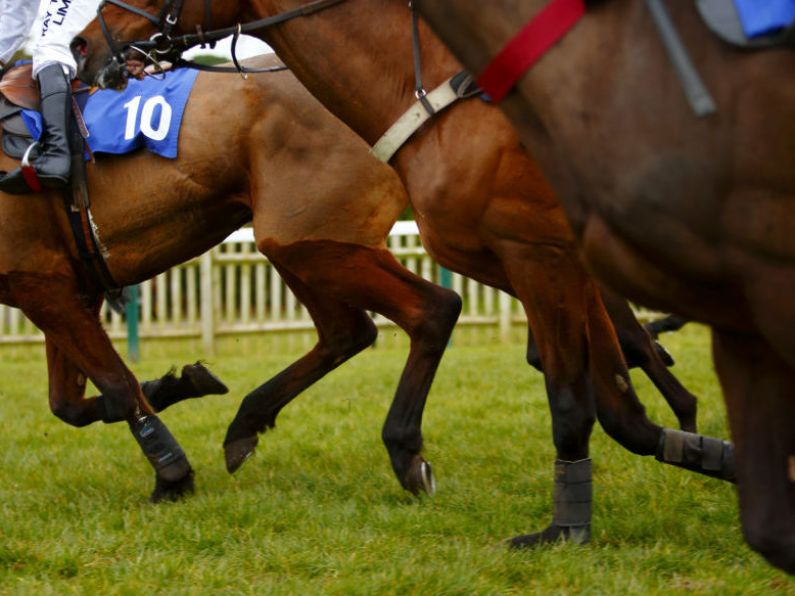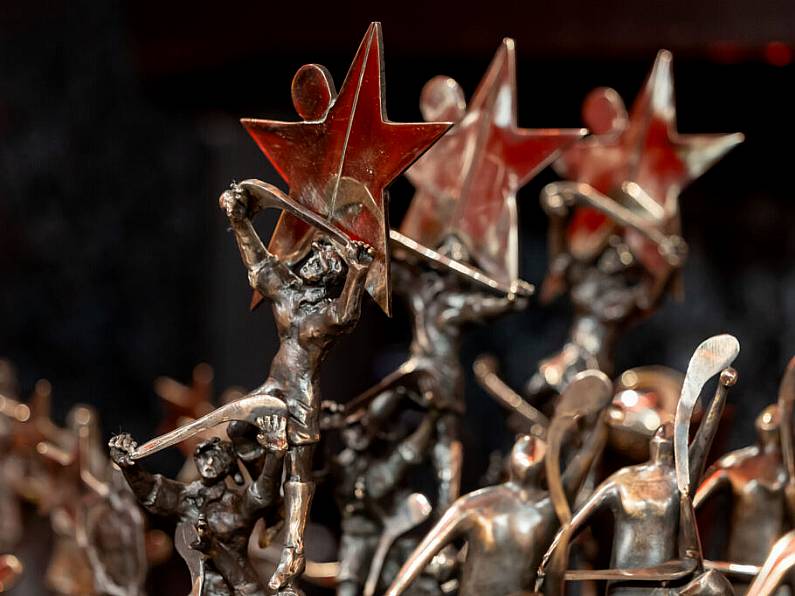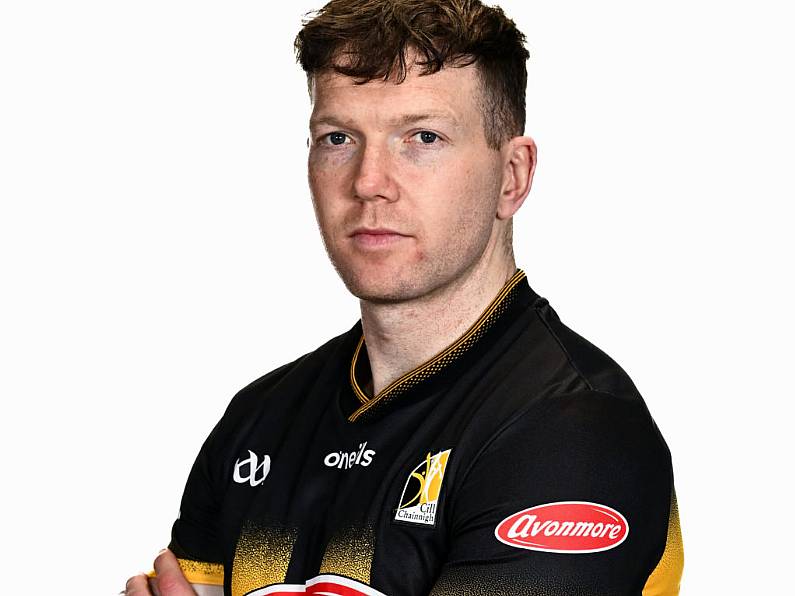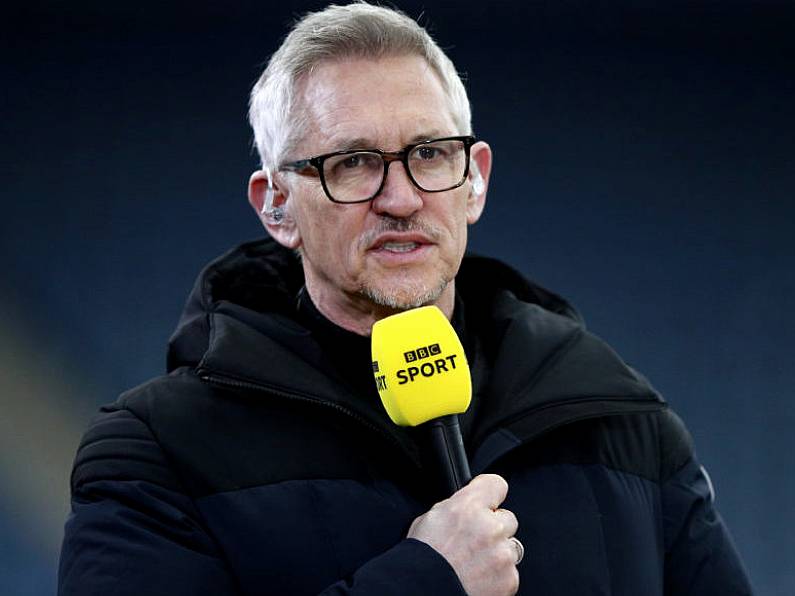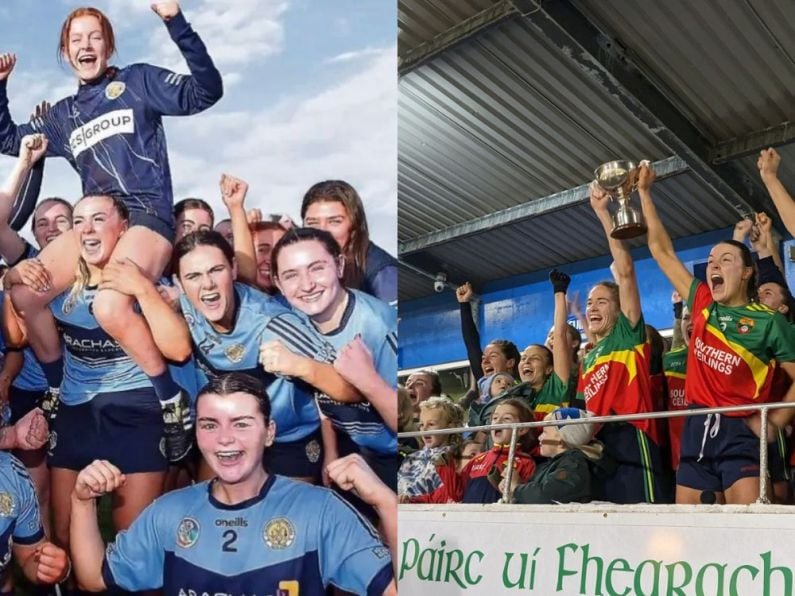The horse-racing industry warned it was being hammered by rising insurance costs along with Brexit and an end to the “seamless” movement of horses between Ireland and the U.K.
In a funding plea to the Department of Agriculture, Horse Racing Ireland (HRI) also called for an increase in betting tax saying the existing rate was one of the “lowest in the world”.
HRI also said it would need additional funding to deal with “integrity” costs amid ongoing controversy over doping in the sport.
In a letter to Agriculture Minister Charlie McConalogue in advance of last year’s budget, Horse Racing Ireland said prize money levels here had been deteriorating.
HRI said competitors within Europe now had prizes “significantly ahead of Ireland” with a knock-on effect on ownership levels here.
They said Brexit had caused “considerable logistical and financial issues” that had created extra costs, more paperwork, and much greater planning around bringing horses between Ireland and the UK.
HRI said it wanted to broaden its marketplace because of the “ongoing certainty” over the U.K.’s relationship with the EU and the rest of the world.
They also warned that insurance had become a major issue with challenges in getting policies in the first place.
The letter said: “Whilst HRI has stepped in to provide financial support in the short term, it is not sustainable to cover off this impact longer term.”
Horse Racing Ireland also said it had been hit with the same inflationary pressures as all other industries.
The impact of rising prices for fuel, feed, and supplies as well as “significant wage pressures” could not be underestimated and needed to be factored into funding plans for the horse racing sector.
They also asked for between €500,000 and €1 million to cover investment in veterinary and equine forensic units to tackle doping in the sport.
The letter said: “The integrity of our industry is dependent on closing out these issues, ensuring we can demonstrate that best-in-class integrity is sustained going forward.”
HRI said they need additional funding as well to modernise “large, complex, and ageing” computer infrastructure.
They said this would ensure systems were robust and help them continue to “stay ahead of cyber security risk”, according to the correspondence.
In the letter, HRI chairman Nicky Hartery also called for an increase in the taxes that apply to gambling firms.
He wrote: “The rate of taxation on betting in Ireland remains amongst the lowest in the world and there is scope to further increase the yield to the Exchequer from betting duty funds.”
In a second letter to Minister McConalogue last September, Mr Hartery explained how the industry had been further hit by a wave of inflation from the war in Ukraine.
He wrote: “Many of our key stakeholders are trying to recover from the impact of Covid-19 and are now facing into a future of hyperinflationary cost increases across all their key goods and services coupled with a potentially significant fall in consumer sentiment.”
Mr Hartery warned there was a real concern some would not survive and that ownership levels were very likely to be hit.
His letter said point-to-point racing had been particularly hard hit with sky-high insurance costs and rising bills for transport and maintenance.
Racecourses were also likely to see reduced attendance at the same time as costs were rising, including a 50% hike in their energy costs.
Horse Racing Ireland had originally refused to release the records saying they were exempt based on the confidentiality of records intended for Cabinet meetings.
However, following an appeal to the Information Commissioner, they were ordered to release them under Freedom of Information laws.
Asked about the records, Horse Racing Ireland said they had nothing further to add.
Written by Ken Fox
Keep up to date with all the latest sports news on our website beat102103.com.
